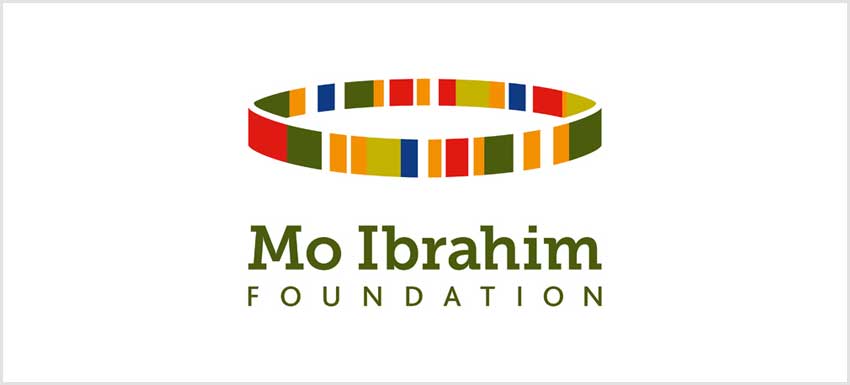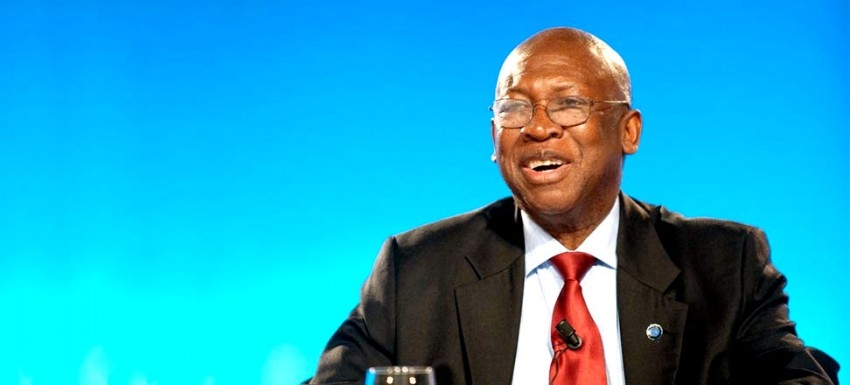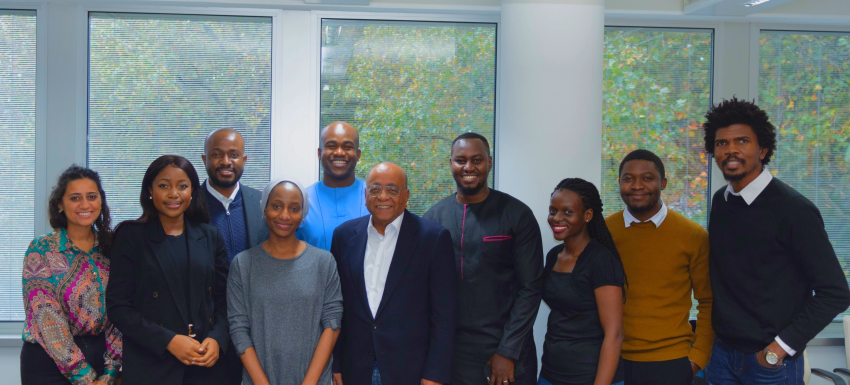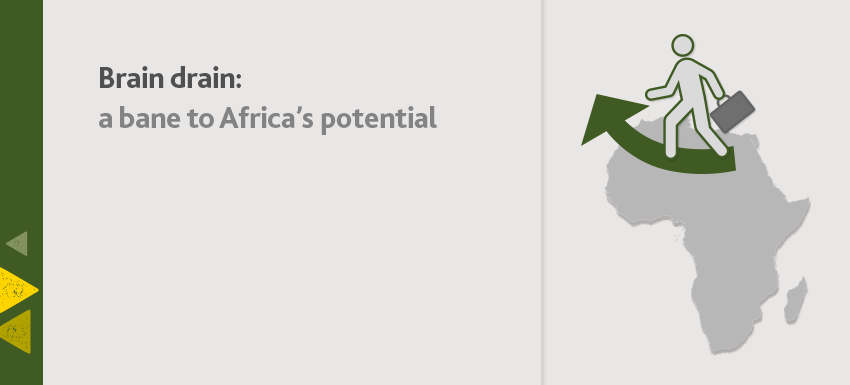With the UNGA meeting in New York to discuss the SDGs Abdoulie Janneh (Executive Director, Liaison with Governments and Institutions in Africa for the Mo Ibrahim Foundation) discussed African priorities.
As leaders gather in New York to discuss the Sustainable Development Goals (SDGs), which will succeed the Millennium Development Goals after 2015, Africa’s priorities must be reflected in the outcome.
As is the case everywhere, sustainable development in Africa requires peace, governance and the rule of law. Earlier this year, the African Union’s 54 Member States adopted the Common African Position on the post-2015 development agenda, which emphasises the importance of promoting good and inclusive governance, fighting corruption, increasing transparency and accountability, reinforcing rule of law frameworks, strengthening institutional capacity and addressing the root causes of conflict. Encouragingly, most of these priorities were reflected in the recently agreed Outcome Document of the UN Open Working Group on SDGs.
However, if this call to action is to yield meaningful results in Africa we will need better and more reliable data to guide policies, track progress, and underpin transparency and accountability. Much of Africa still has a long way to go in developing such capacity, and gaping data gaps need to be filled in the areas of peace, governance and the rule of law. We will need considerable investment to improve the quality and quantity of statistical data.
Such investment should build upon and complement home-grown efforts that are already underway. For example, the African Union’s Strategy for the Harmonisation of Statistics in Africa is a continent-wide initiative to standardise the approaches of national statistics offices. To date, nearly half of the continent’s countries have confirmed their interest in working on peace, governance and rule of law statistics through their national statistics offices. The five countries that are currently piloting approaches in this area are starting to show impressive results.
We should not overlook the plethora of other innovative African efforts to measure peace, governance and the rule of law. From the African Union’s Continental Early Warning System, to the African Peer Review Mechanism, there are many regional initiatives that merit attention. The g7+ group of conflict-affected countries in Africa are developing their own set of indicators through the New Deal process. Non-governmental organisations are continually seeking to expand capacities. In this regard, particular mention should be made of the Ibrahim Index of African Governance of the Mo Ibrahim Foundation that continues to provide annually the most credible and comprehensive data sets on the state of governance in Africa. Also, we should continue to encourage initiatives like Ushahidi that have set the benchmark for global innovation in this field of data collection.
Capacity gaps exist and many African-led initiatives are deserving of international support. But that is not the most important message. The key take-away is that peace, governance and the rule of law can be and are already being measured in Africa. In many ways, Africa may prove to be a source of inspiration for other regions trying to measure their own progress in addressing what are universal requirements for sustainable development.







